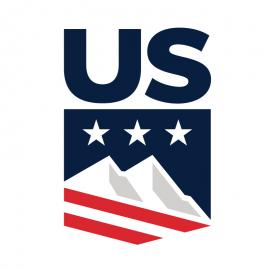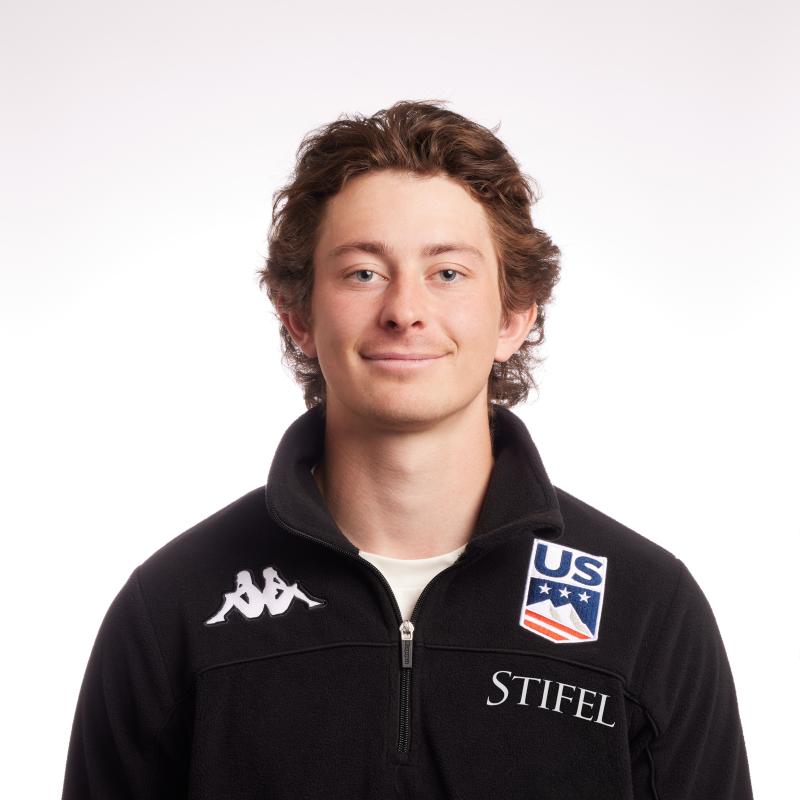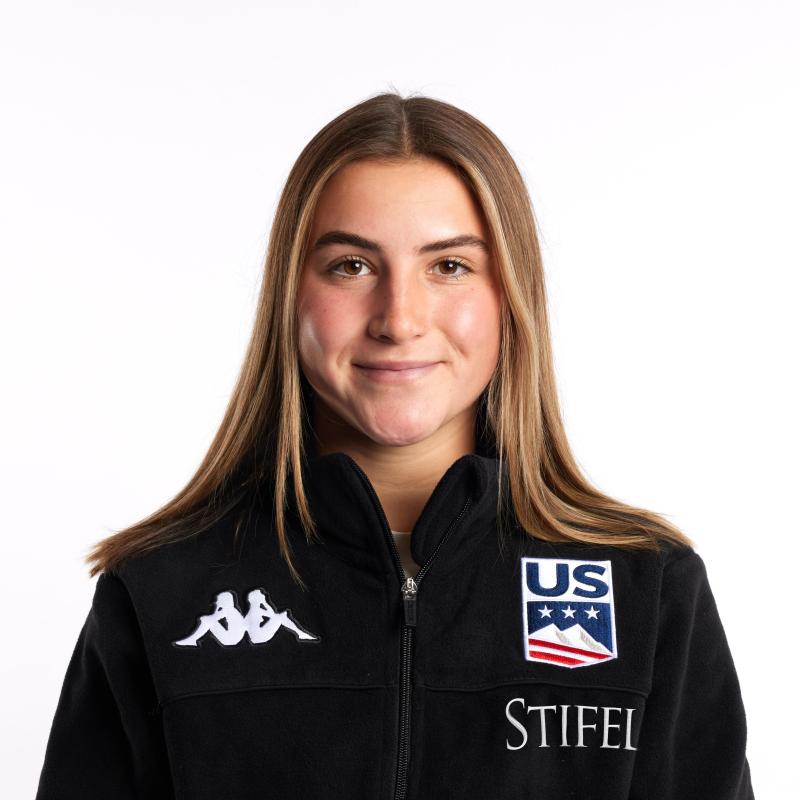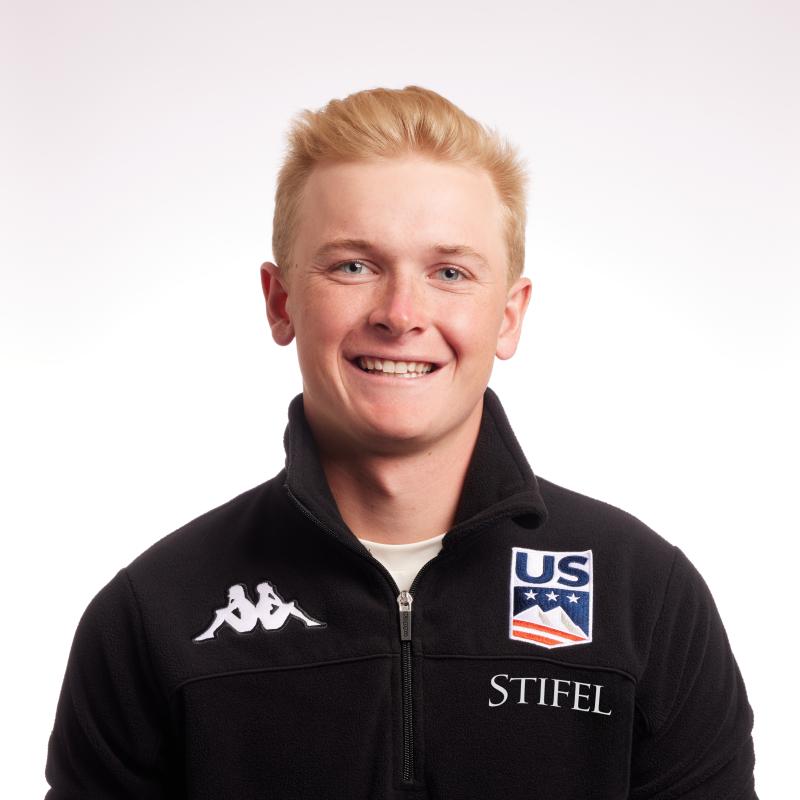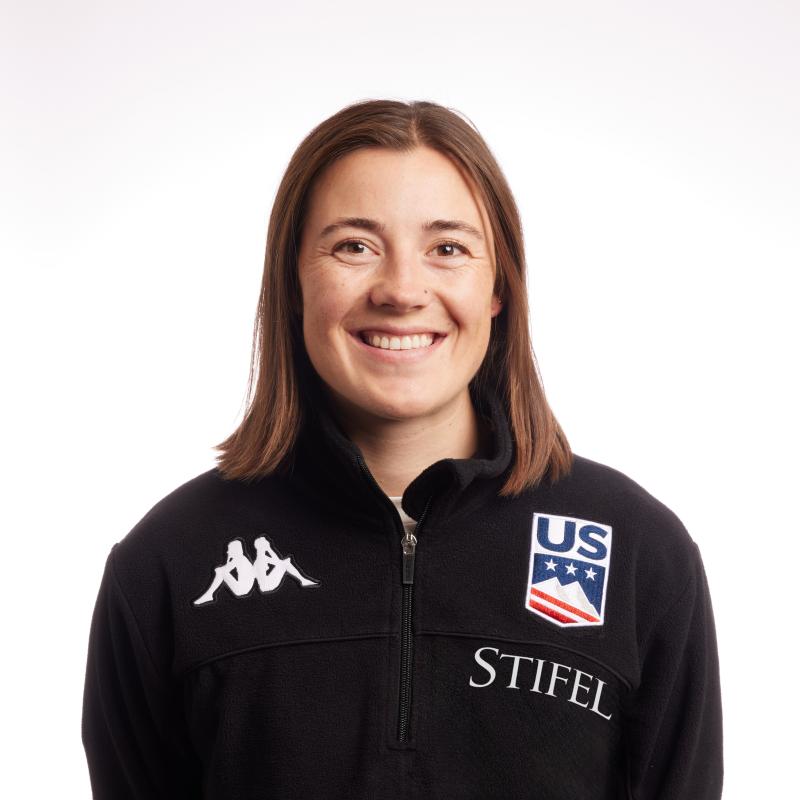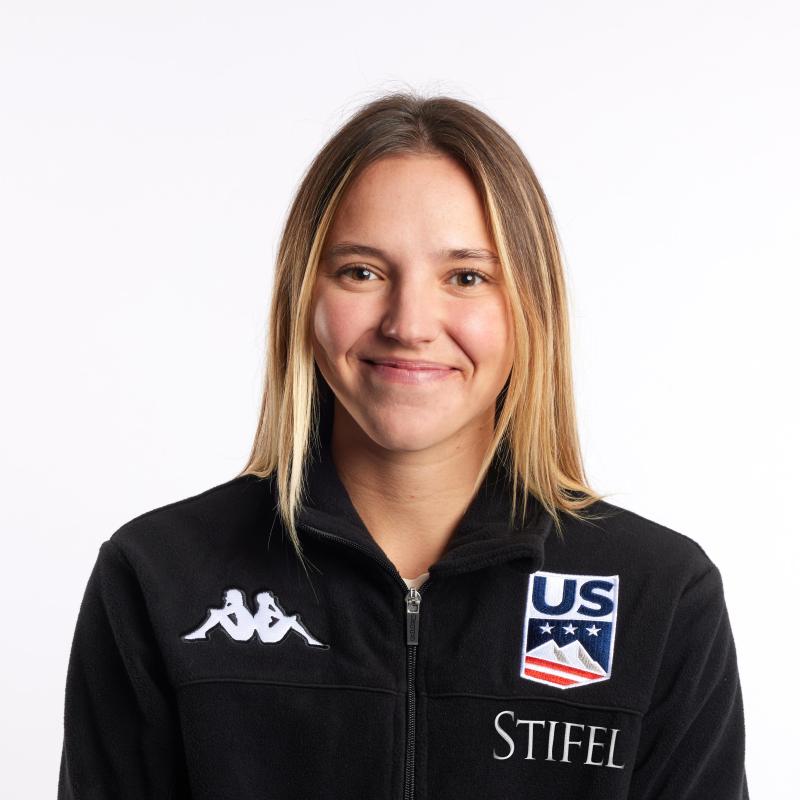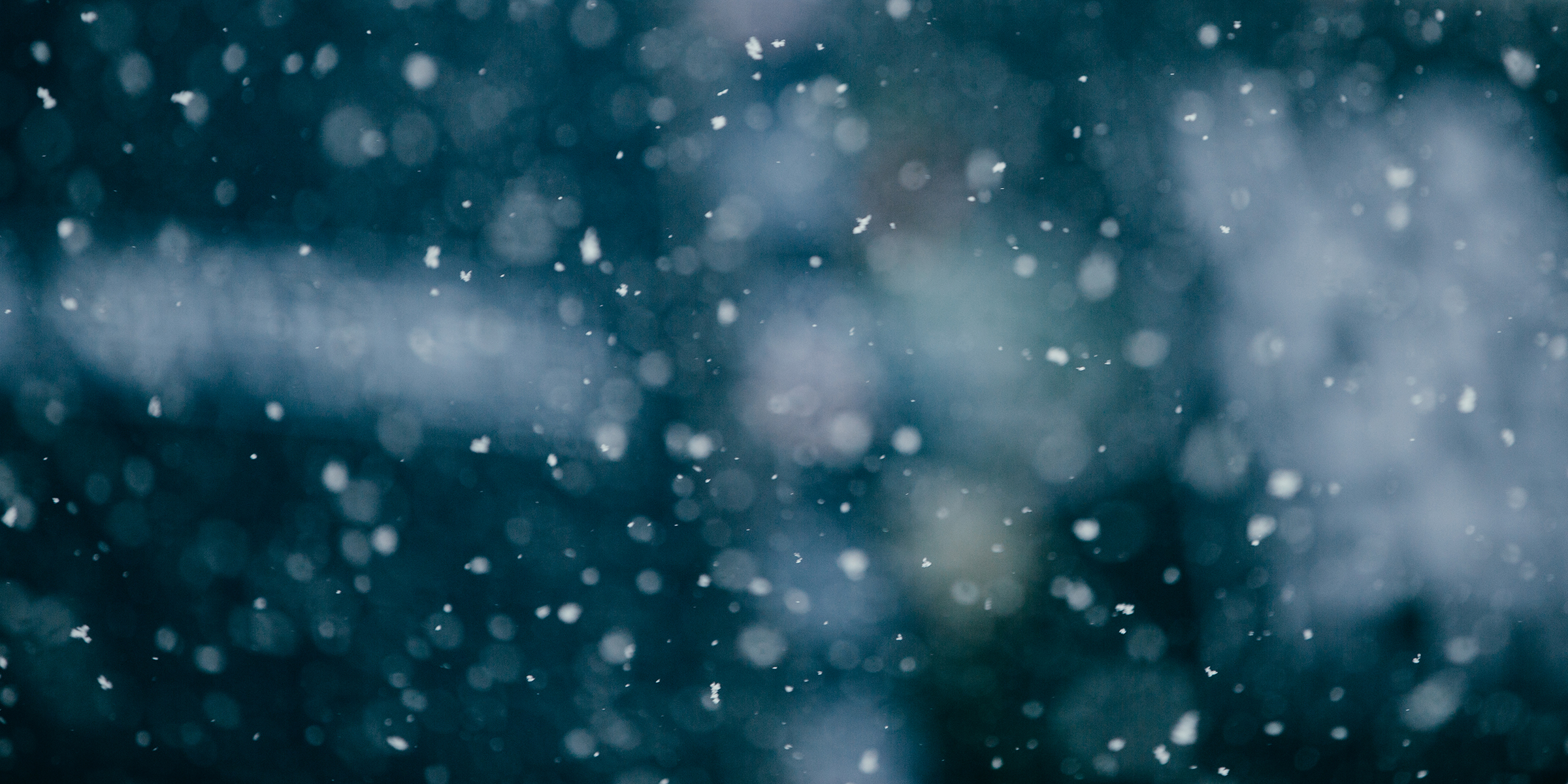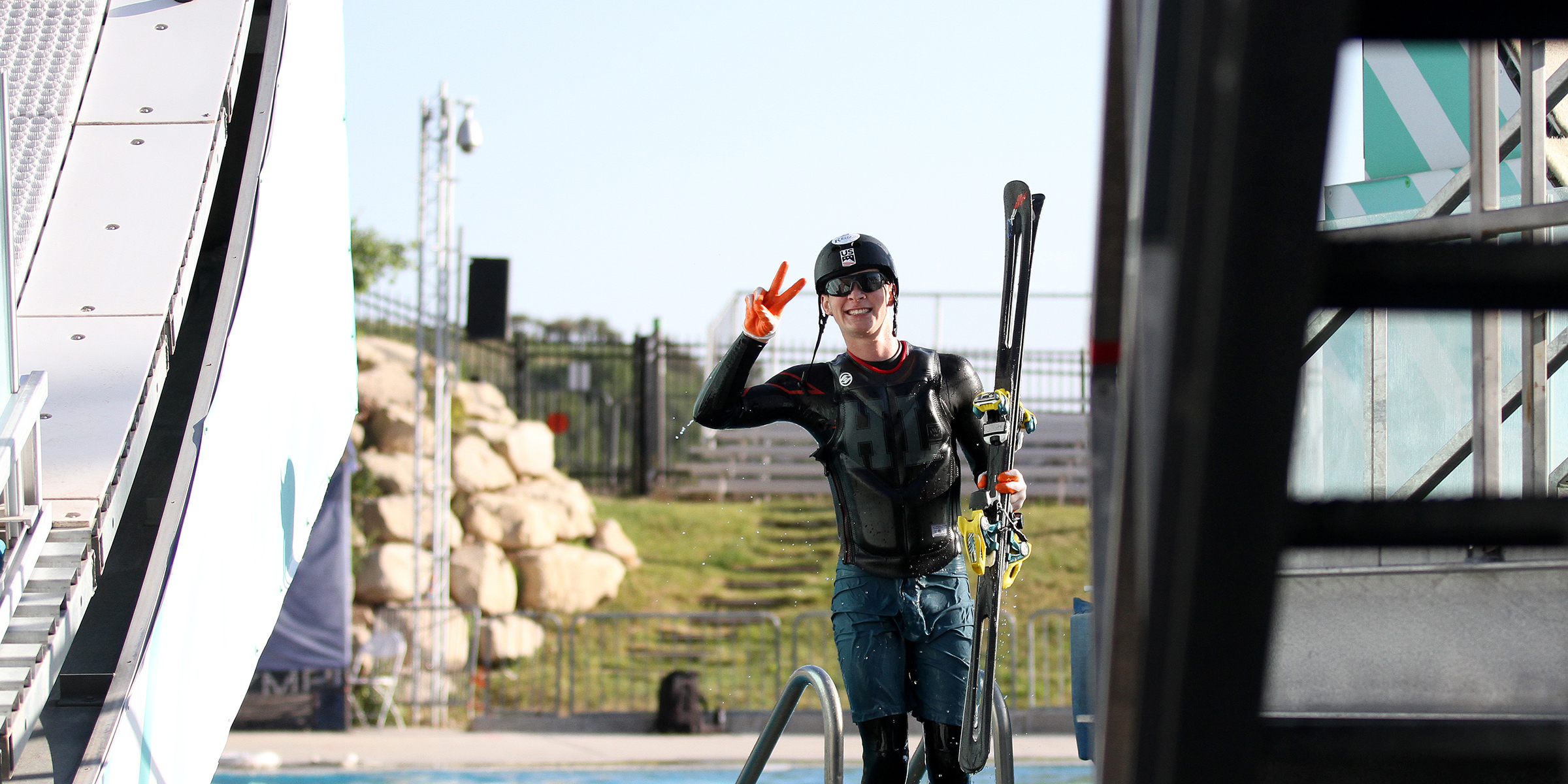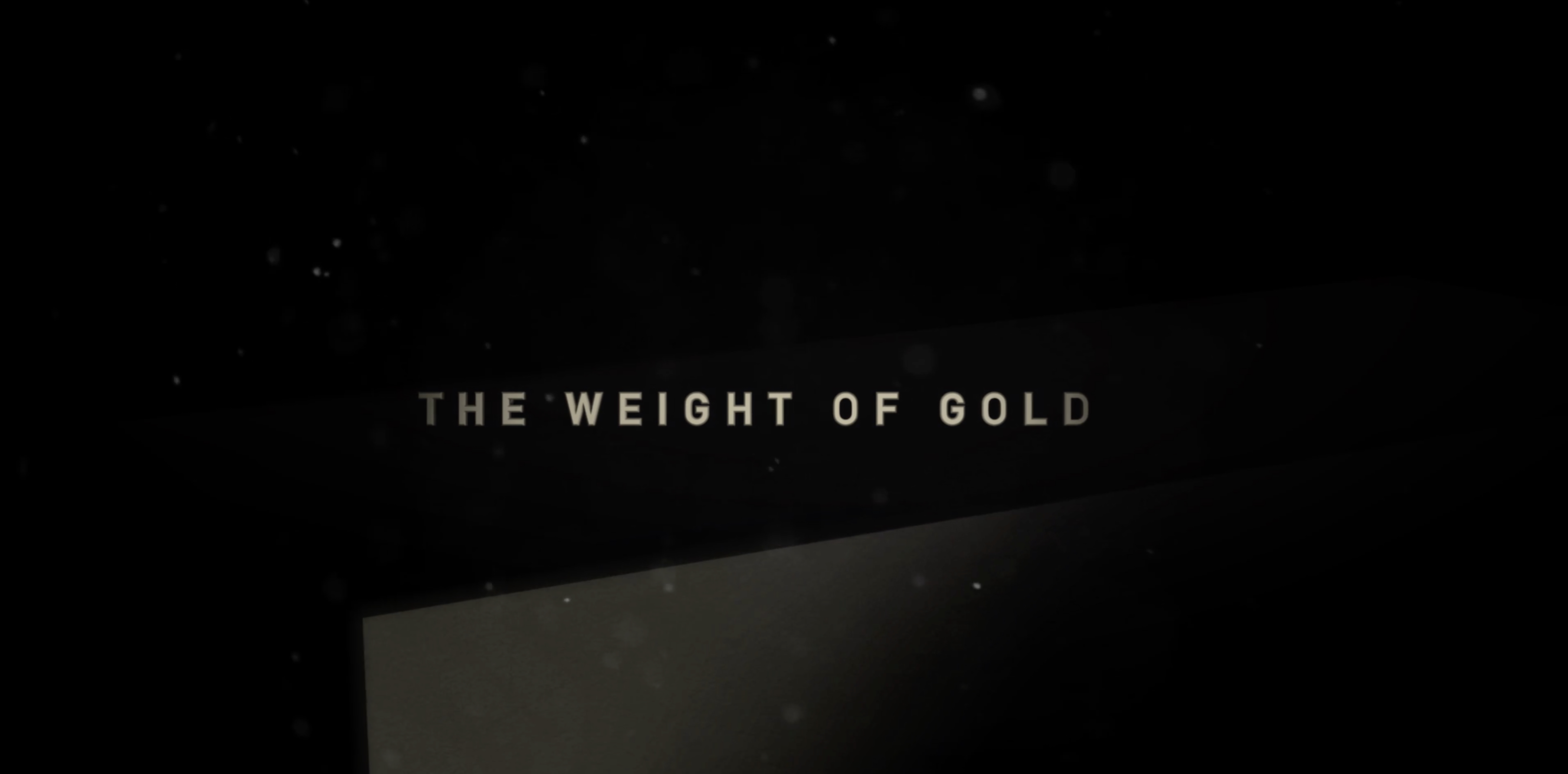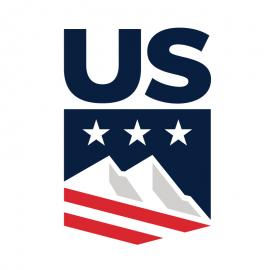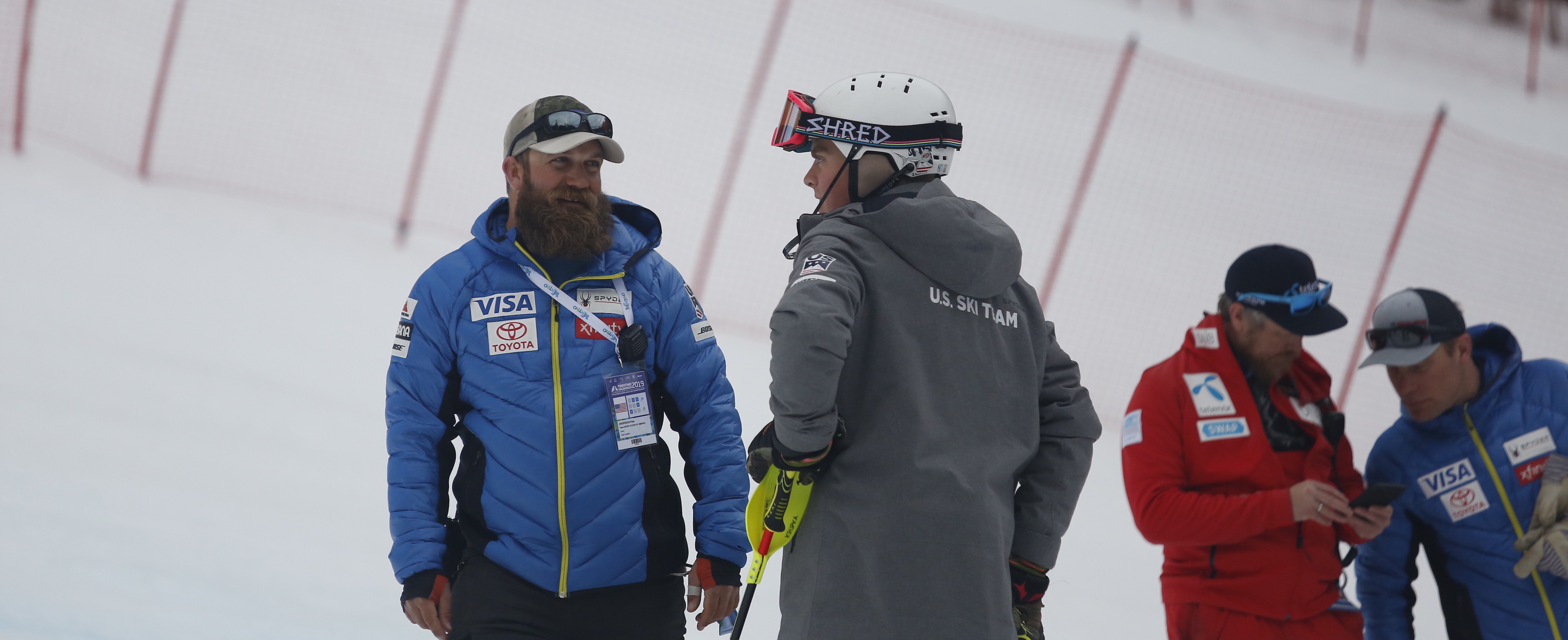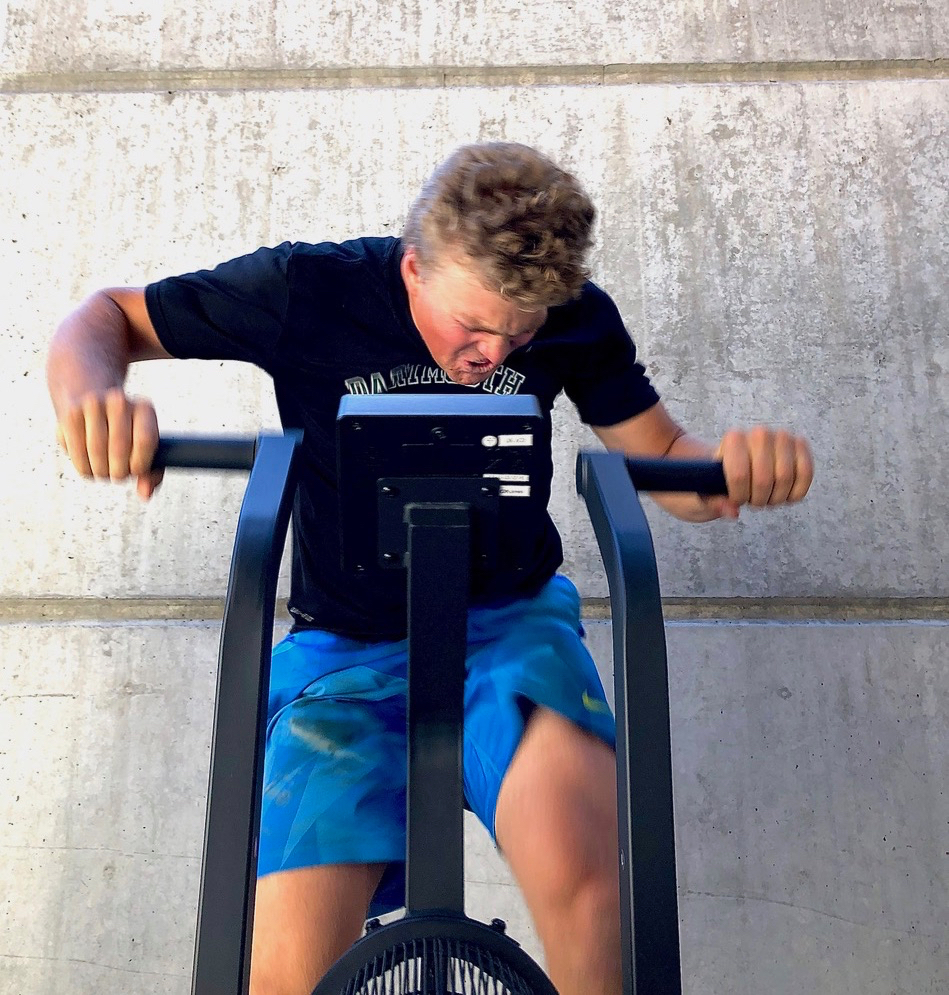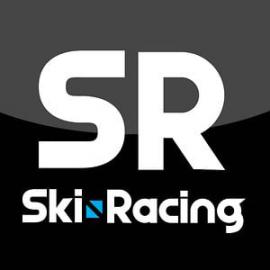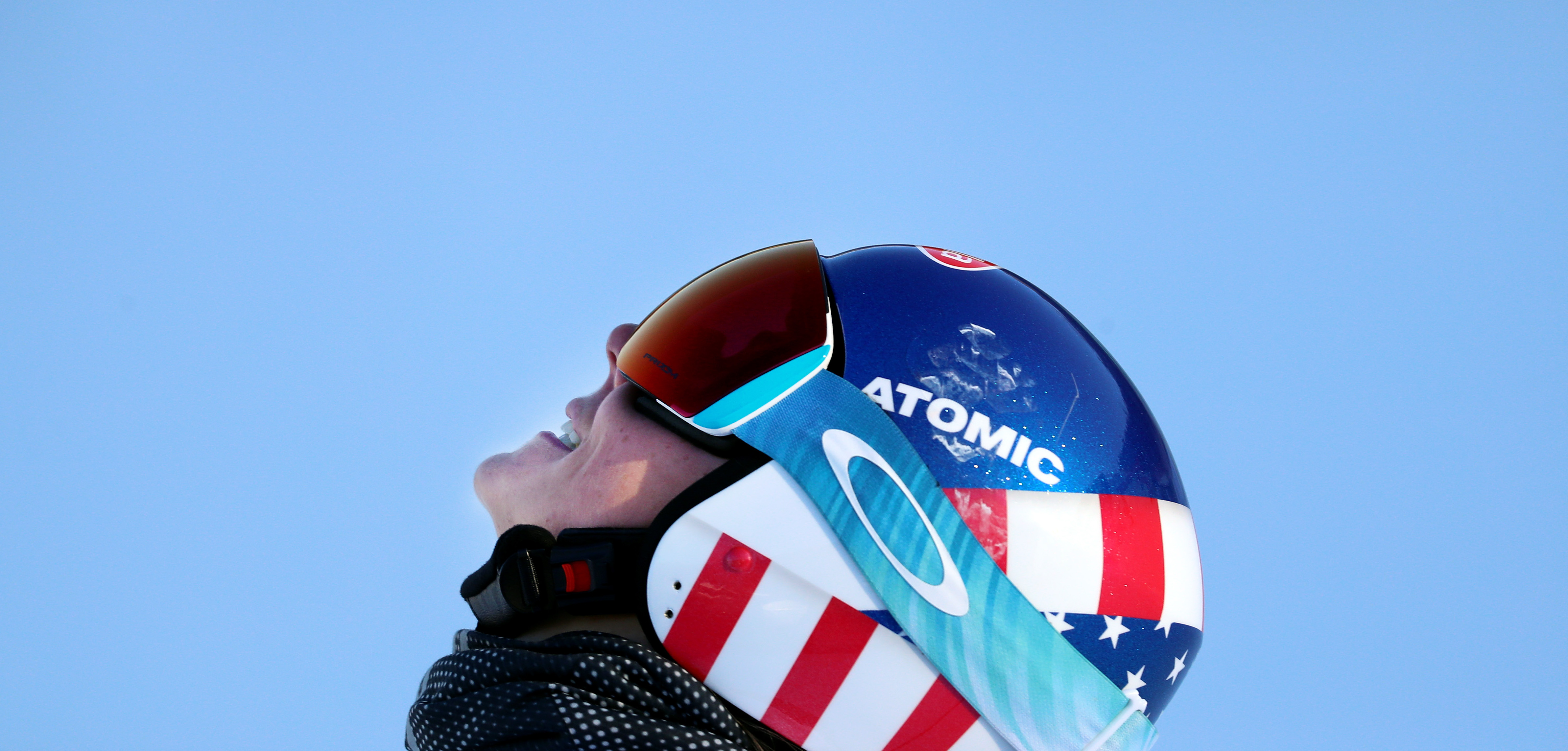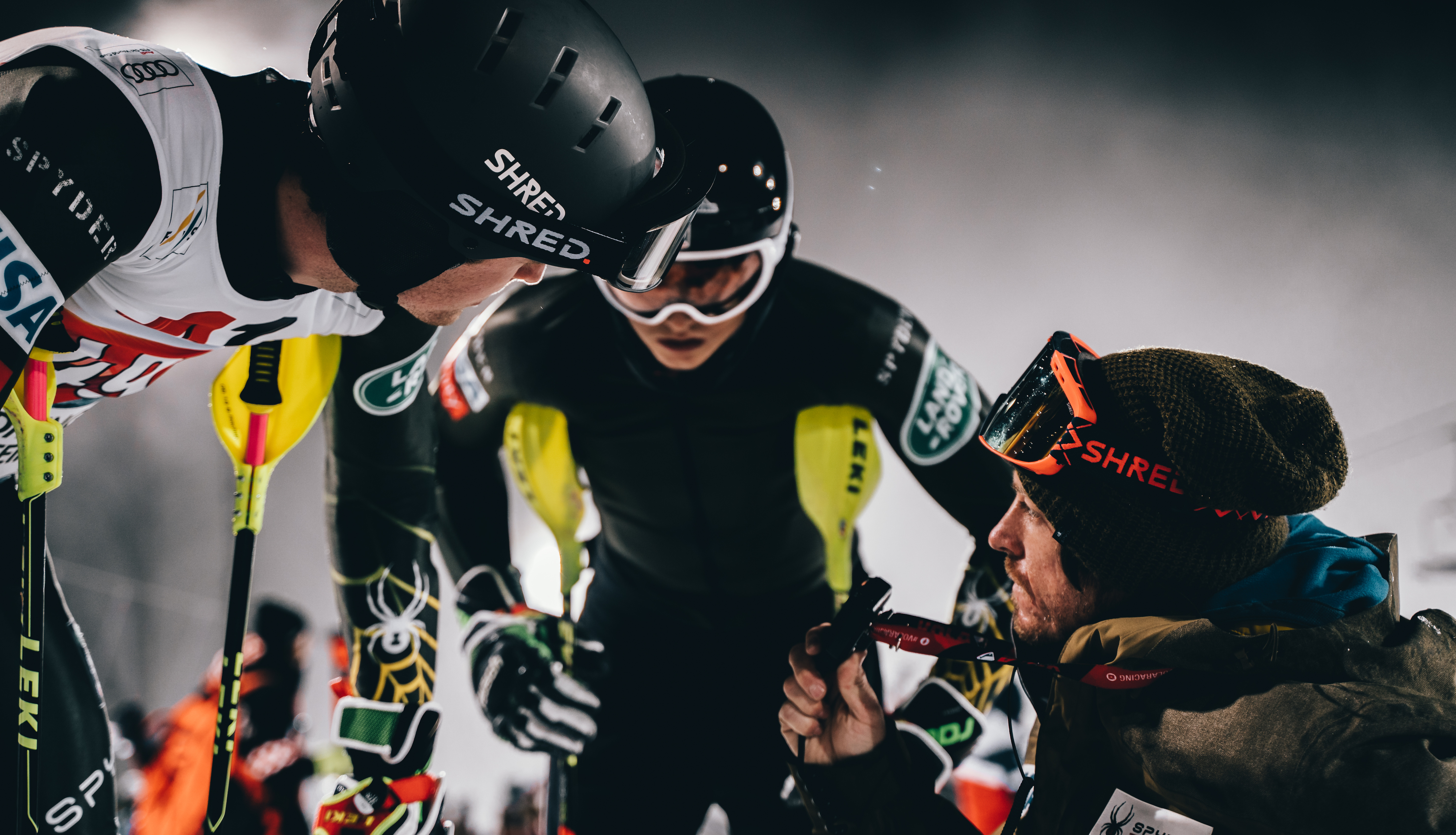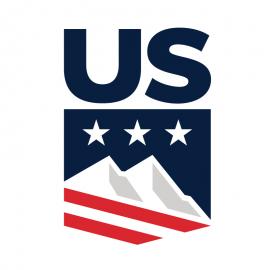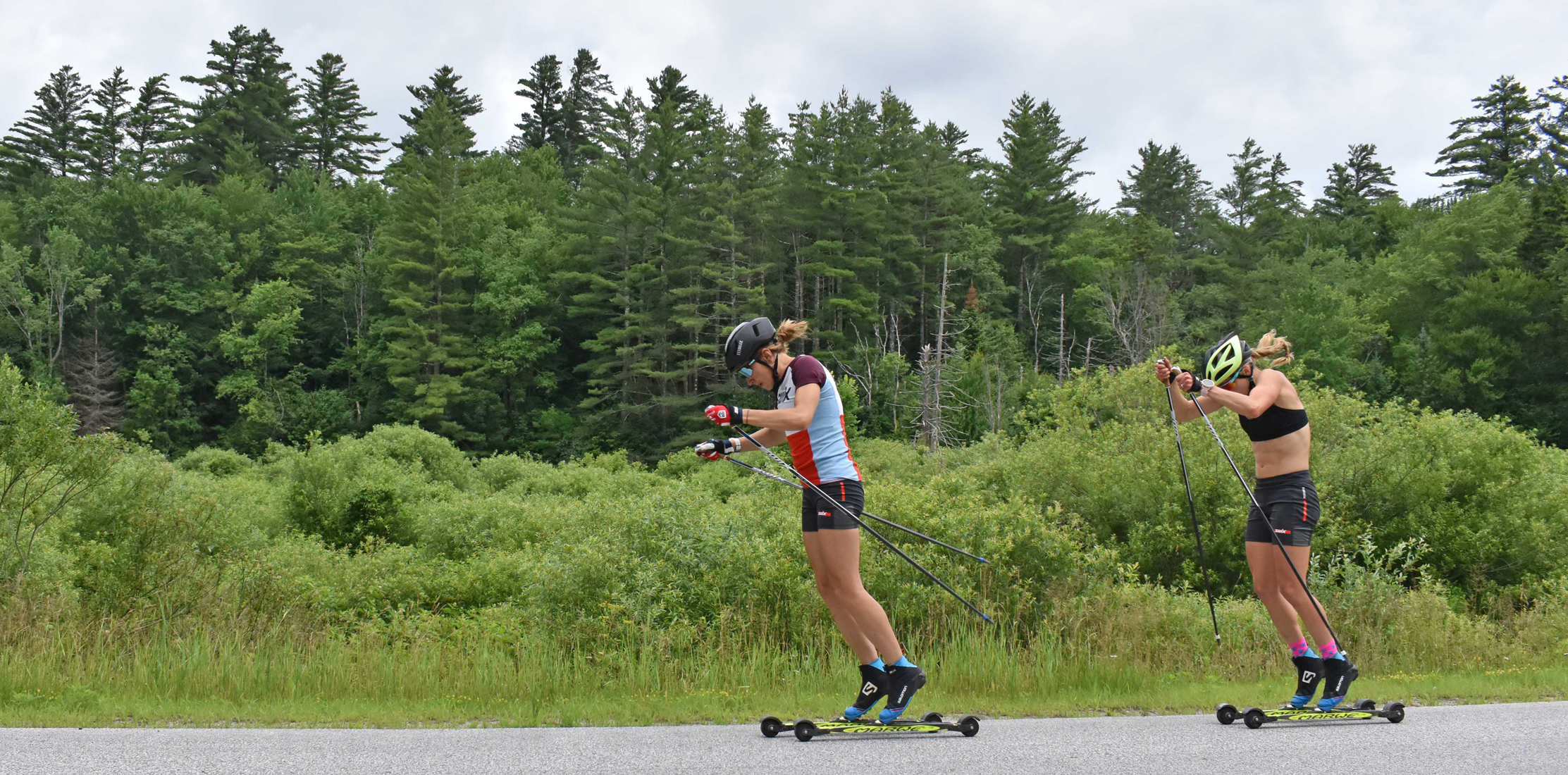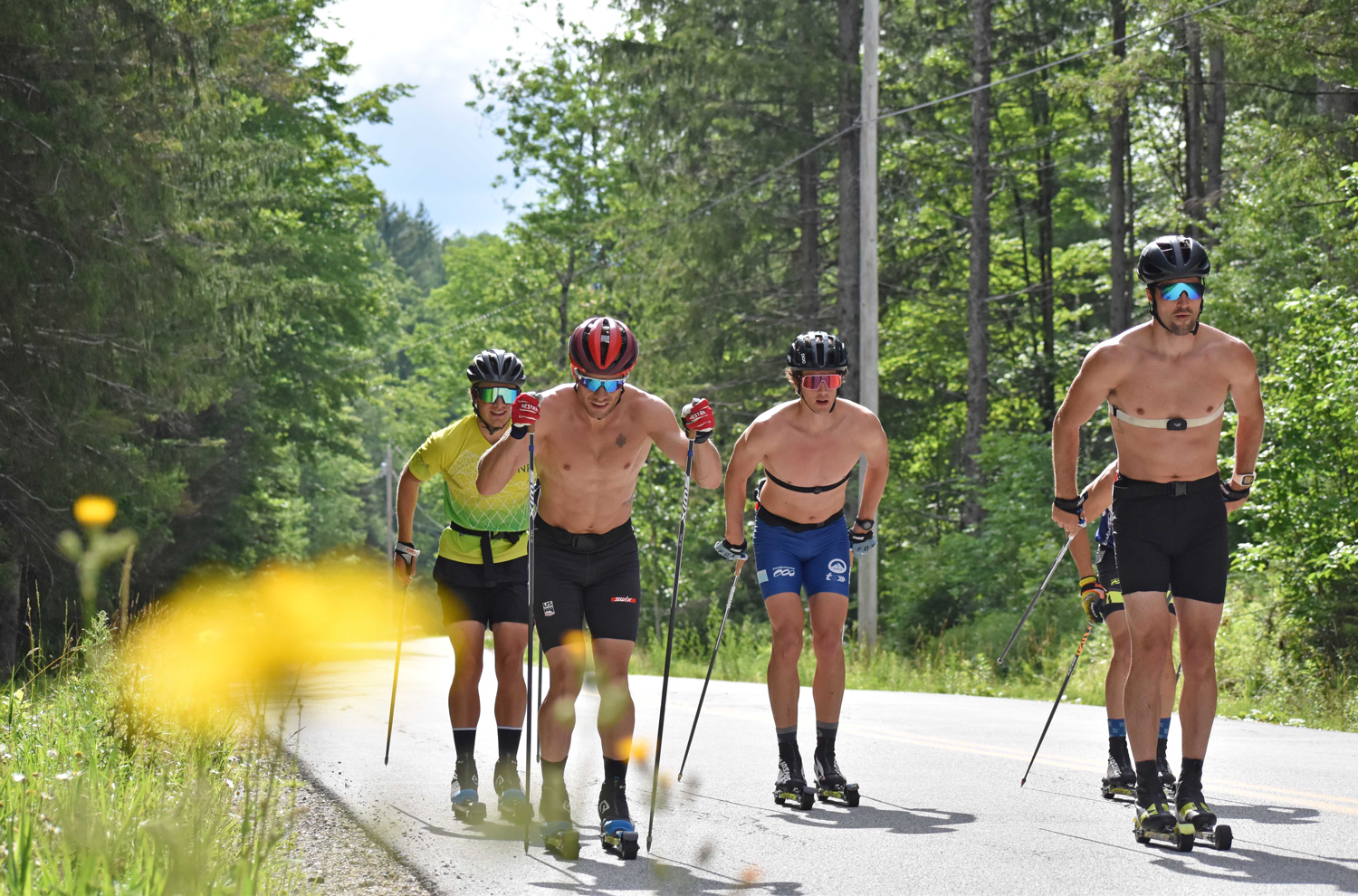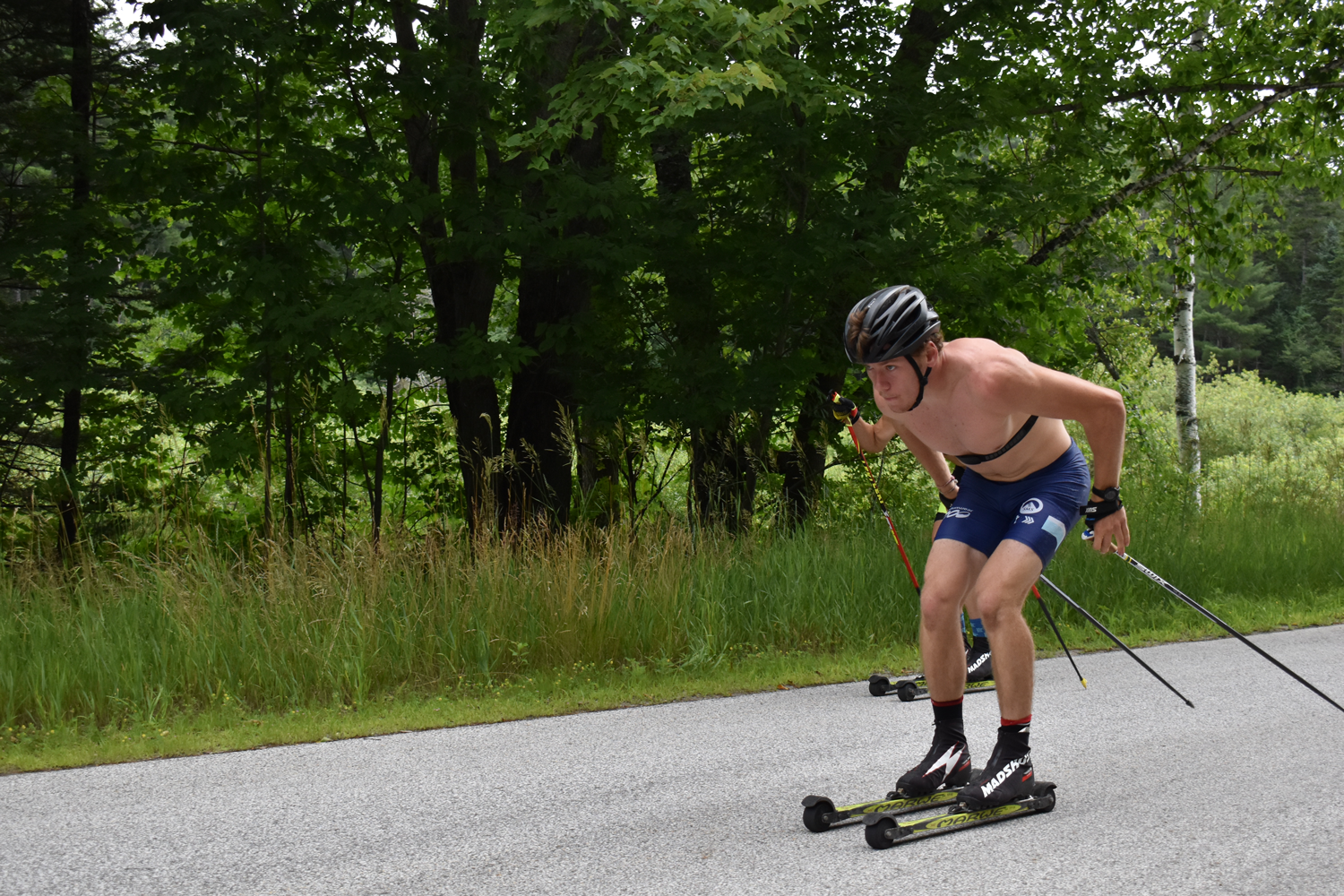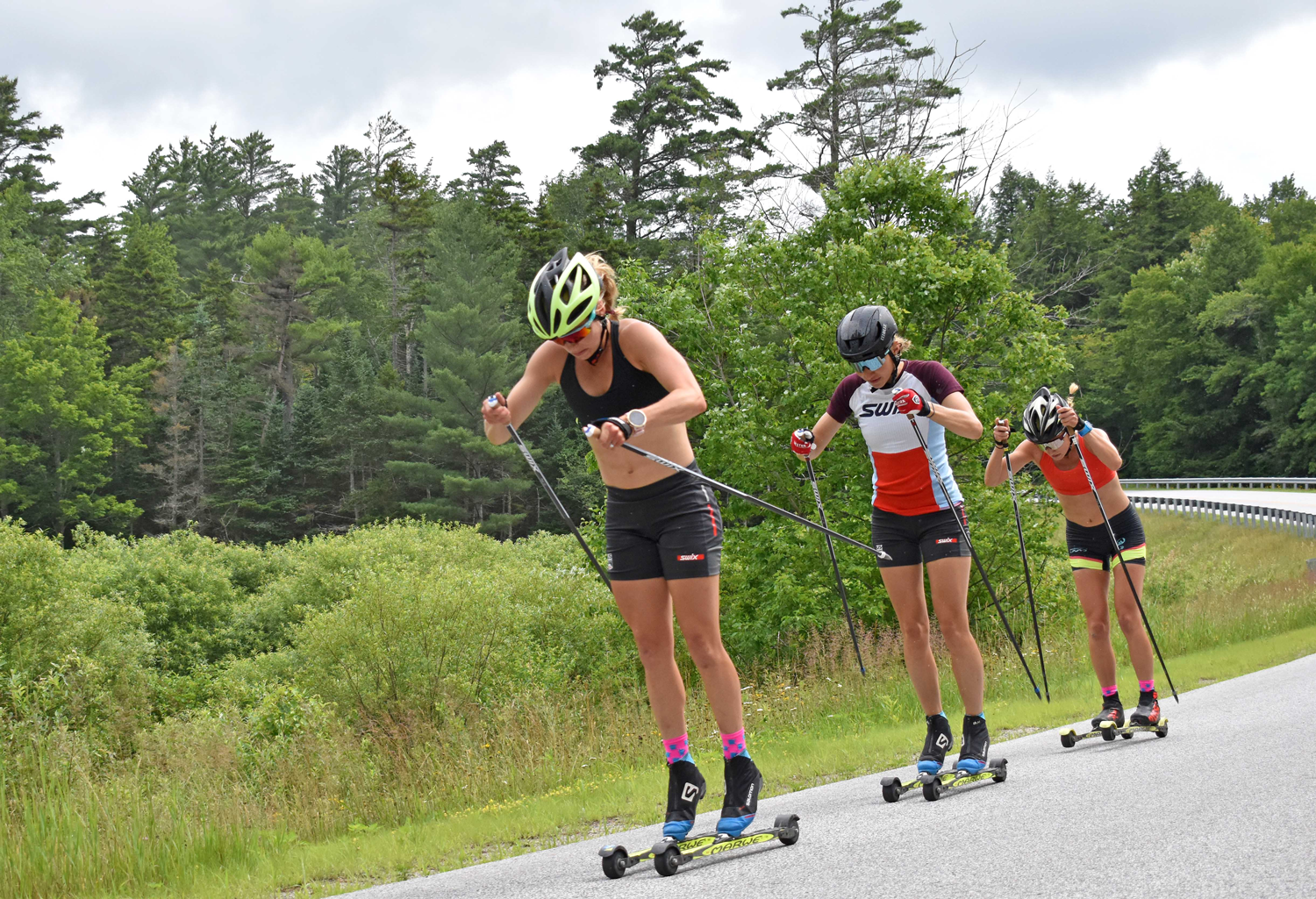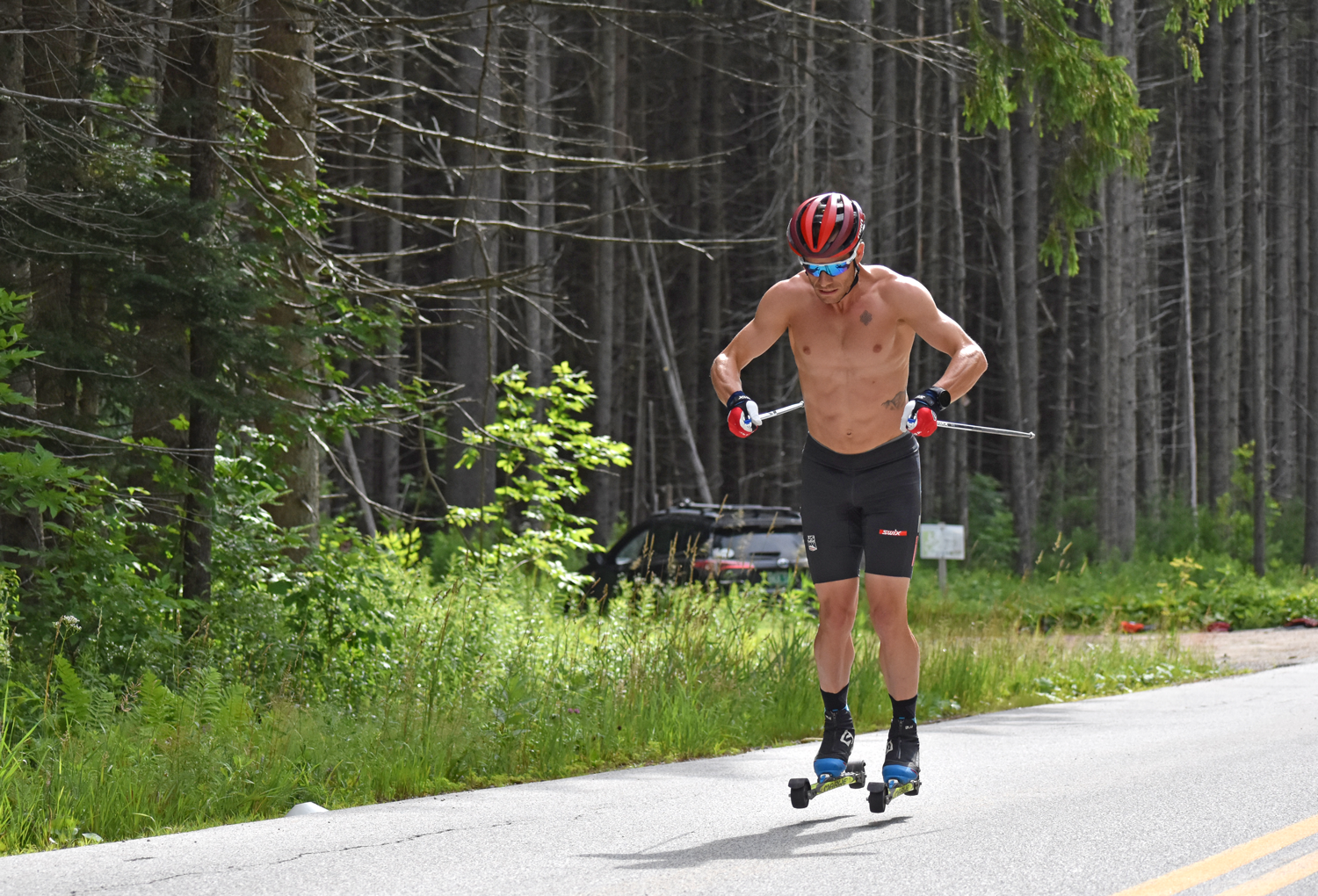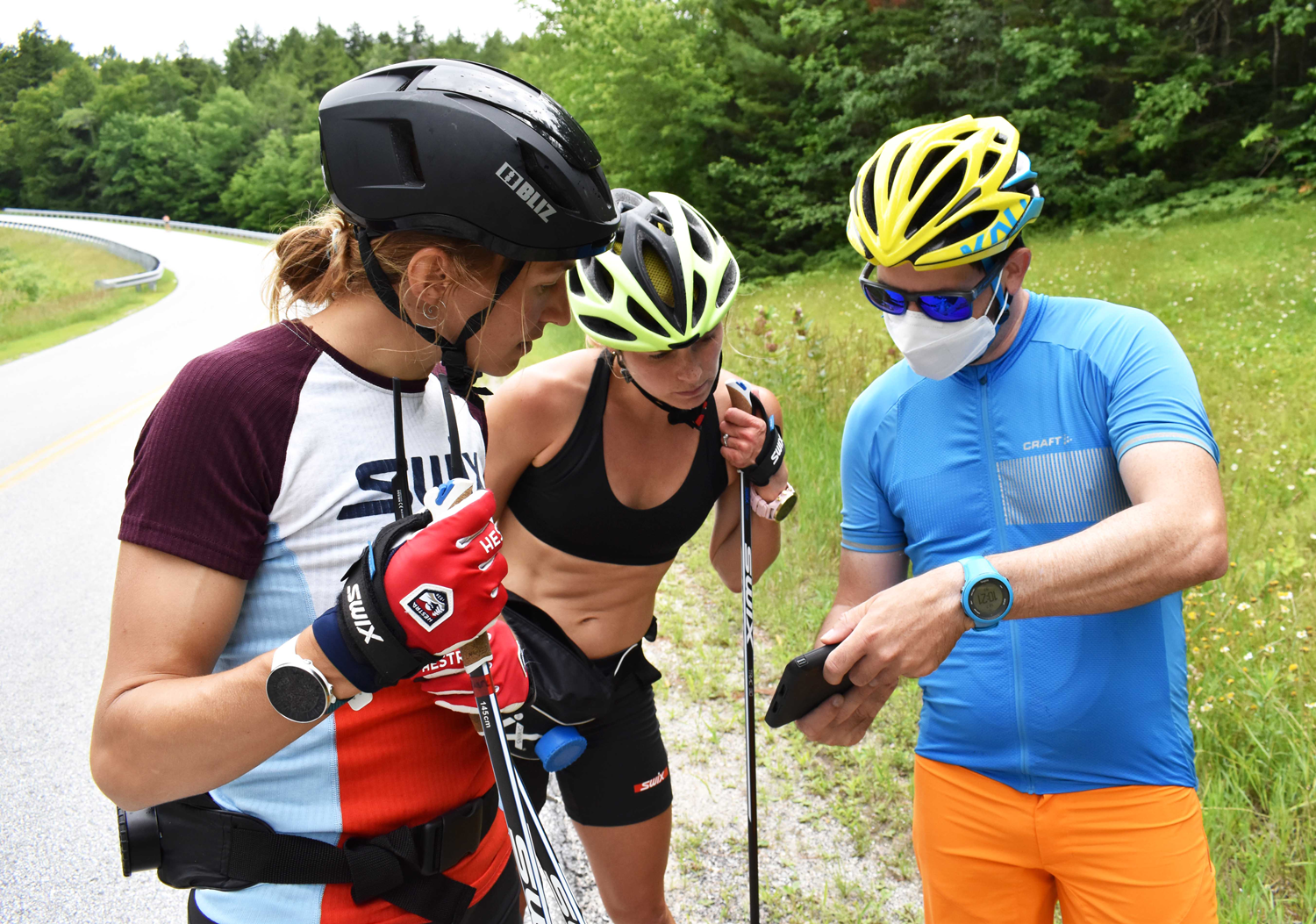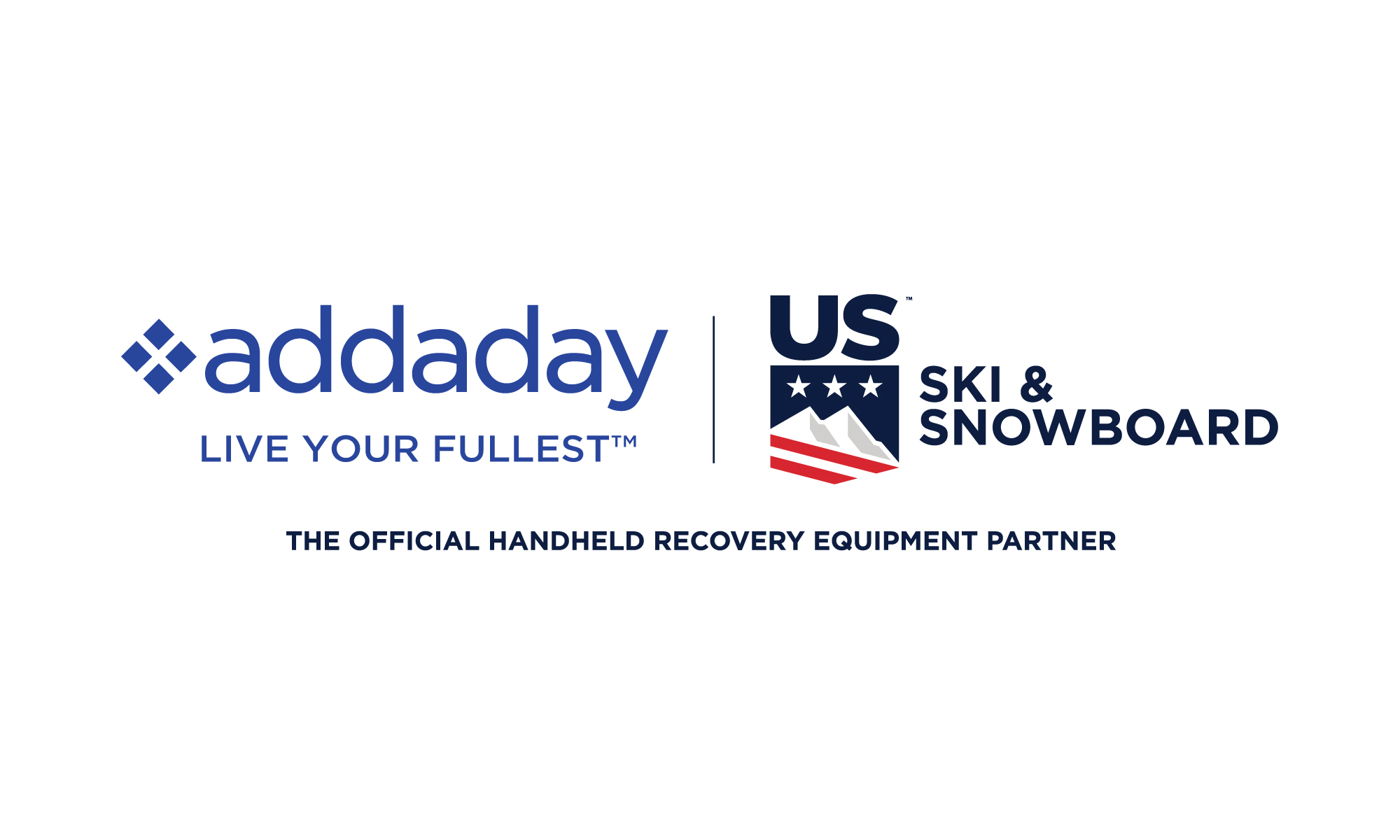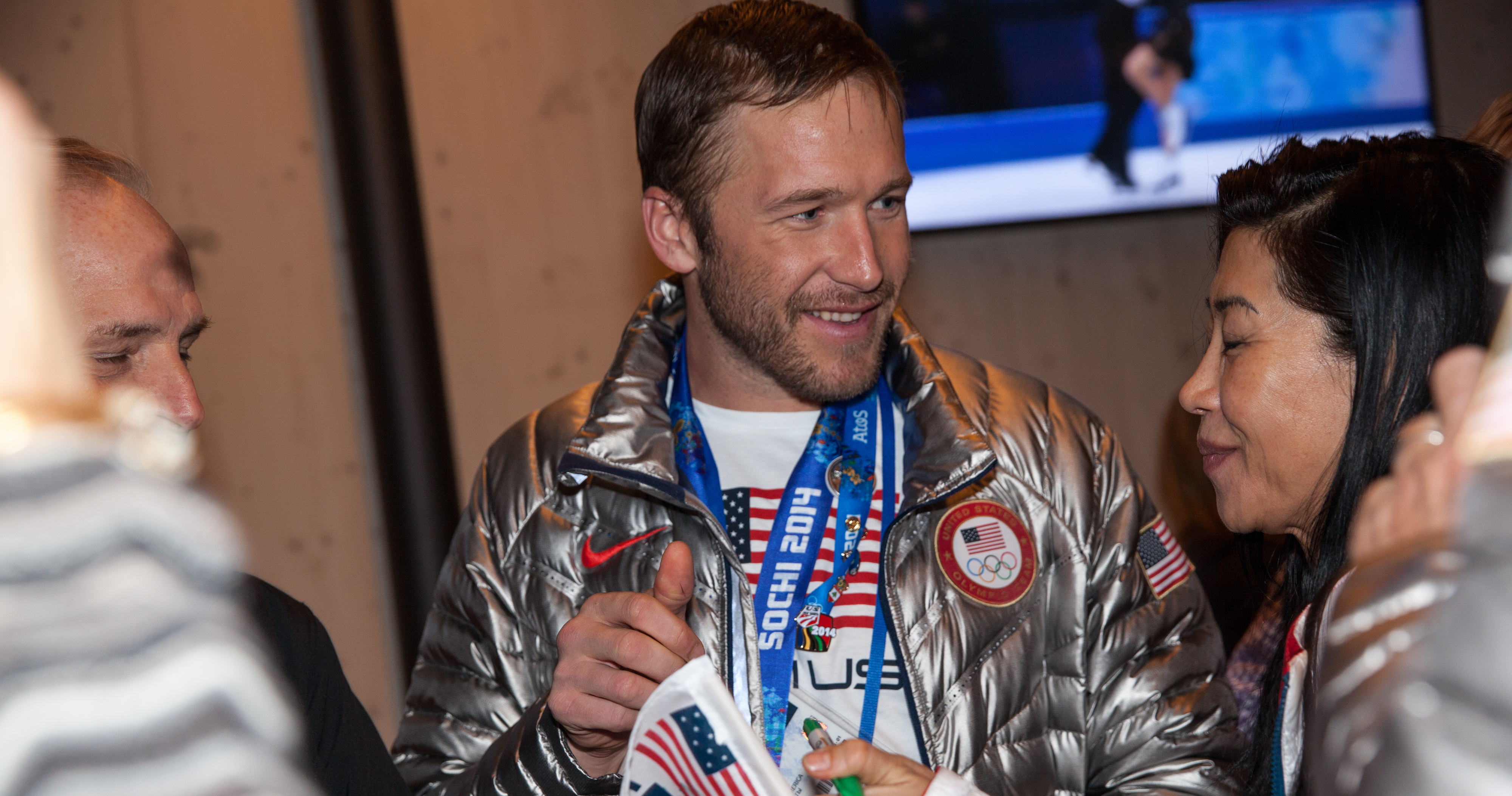Moguls Shows Strength On Snow at Timberline
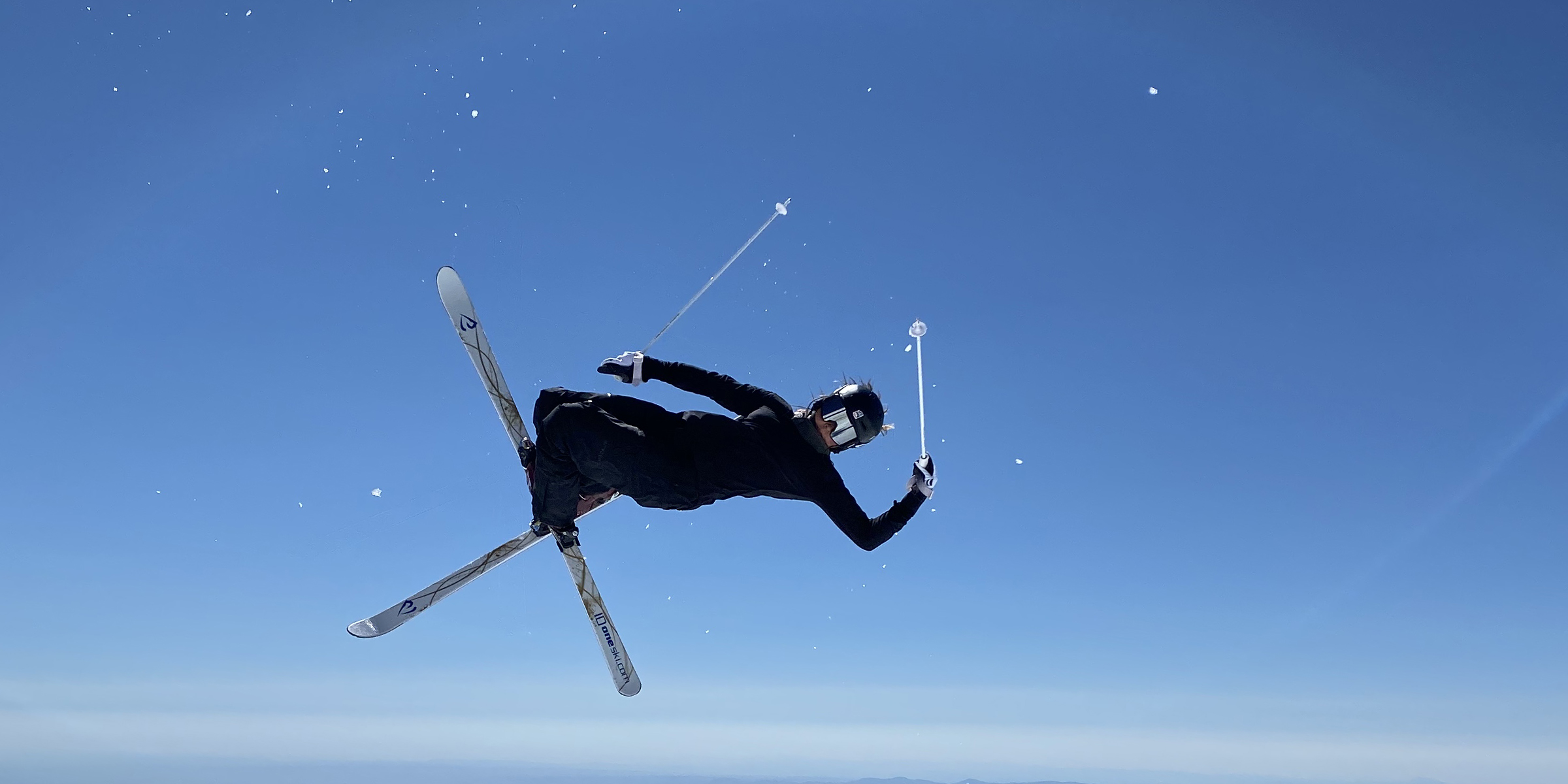
The U.S. Freestyle Moguls Ski Team recently wrapped their first on-snow camp of the prep period at Official Training Site Timberline Lodge & Ski Area in Mt. Hood, Ore. July 13-26. Athletes and coaches were treated to perfect weather and outstanding course conditions, courtesy of the Timberline crew, and the team packed in 12 highly productive ski days.
Chasing snow was anything but typical during this prep period and Timberline represented a critical piece of the Moguls Team’s training program. The last time the team saw snow was on March 11 in Idre Fjäll, Sweden, for what was scheduled to be the last two FIS World Cup events of the season. However, the ski season was unexpectedly cut short due to the global novel coronavirus pandemic and the moguls athletes have mostly been training from home ever since.
The team was able to come together in June for water ramp jumps at Official Training site Utah Olympic Park, and to put athletes’ prep plans into practice and get back into a familiar training routine.
Despite missing planned spring camps and group training, athletes managed to keep their fitness levels high and were well prepared for buckling into their ski boots after almost four months off-snow. “The athletes came into camp really prepared, it’s a compliment to them,” said Head Moguls Coach Matt Gnoza. “Our staff put a workload in front of them during the quarantine period and it came down to their motivation at home in order to do the work on their own. No one was there supervising them doing backyard and driveway workouts.
“[They] looked stronger on their skis and in their boots. [These are] World Cup skiers, so the biggest gains that can be made with these athletes is in their strength and fitness levels. You think you can tell on the ramps in lifting, but nothing speaks louder than bending the ski and the boot. It was really encouraging to see that as a staff and says a lot about the athletes’ motivation to be the best.”
Training was focused on fundamentals and skill building, combining what is typically multiple camps into one. “We usually do a turn phase in Squaw and a jump-only camp as our first Hood camp,” explained Matt. Matt and fellow staff Riley Campbell, Joe Discoe and Chuck Williams had a lot of work to do and thankfully everything came together for stellar conditions. “Timberline set us up with an amazing training venue. We had a new jump location with a steeper landing. They packed the snow in there for us, and it held up right to the bitter end.”
Each athlete has a tailored training approach specific to their goals as they prepare for the 2021 competition season, and Matt reported that each athlete really took advantage of the opportunity to be on snow.
On the women’s side, Jaelin Kauf - fastest-woman-in-the-world - was working on her back mute and cork 7. “It was such a great camp!” she said. “[It was] so much fun to get back on snow after a big break and really great to get to work a ton on my cork 7 and back mute. Our jump site was amazing and I got a ton of really great training in!”
Hannah Soar, who had a breakout season with two podiums and finishing the season ranked fifth in the world, was working on her flipping fundamentals. Tess Johnson developed a back mute and is working on different variations of that, in addition to starting her cork progressions. Youngest team member Kai Owens also dialed her cork and backflip work.
Avital Shimko, who missed the last two seasons due to injury, was elated to finally be back on snow with her team training again. “I think I had been dreaming of it for so long and so excited for it that it was pretty unreal,” she said. “I made massive gains in my progress, took two new tricks to snow, back mute and cork 7, and it went really well. We had a full table with two jumps on it and we had a mogul line and some rollers, so we could really work on everything. Timberline crushed it!”
Sabrina Cass, and new rookie and 2020 NorAm Champion Madison Hogg, both skied incredibly strong, upping their power in take offs for bigger jumps, which should translate into bigger air scores come competition. New rookie Kasey Hogg worked on her whole bag of tricks, which is deep, from back tucks to back grabs to cork 7s. Matt reported Kasey made some really good adjustments in her jumping that should pay off.
On the men’s side, veteran Brad Wilson put in the work on his jump lineup and also worked on resetting his fundamentals. Jesse Andringa returned from injury for his first jumps since leaving the 2020 FIS World Cup tour early to address his shoulder. “The camp went really well,” Jesse said. “I basically started really easy, just doing flats. I progressed with straight airs and backflips and easier tricks, made sure that it was feeling good. I tipped in on back X and ate it pretty hard and was totally fine, [it was a] relief to know that I could crash on it. Overall camp was super fun. I’m working with my sports psych to put more pressure on training so that I can handle pressure better in competition. It made my camp really effective and really strong.”
Nick Page had an outstanding camp, running through his giant bag of tricks, to which he added a double cork 10 - two backflips during a 1080 rotation. Doubles are currently illegal in mogul skiing (sound familiar?) but there is push from within the community to get them added. Although Nick won’t be able to compete this trick in 2021, thinking ahead is important in preparing for the future possibility. “The way Nick did his, he put himself on the level of Mikael [Kingsbury] and Ikuma [Horishima],” said Matt. “This could be the future of mogul skiing, so why not now?”
“We’ve heard rumors that after the 2022 Olympics an off-axis double may be permitted in FIS level competitions — in my mind whether that happens or it doesn’t, I want to be ready to be one of the first to do it once we get that green light,” explained Nick. “Overall, my Mt. Hood camp was awesome. The coaching staff built a great venue where I was able to get a lot accomplished. I couldn’t be more thankful for everyone involved going the extra mile to provide us with an extremely productive training camp. Thank you!”
Rounding out the moguls roster, new rookie Landon Wendler wrapped his first on-snow camp as a U.S. Ski Team member. Matt notes Landon has a variety of tricks to pull from and is currently working on upping DD, eventually to progress towards cork 10s.
The team breaks for a couple of weeks before reconvening in Park City for another water ramp camp at the UOP in August. With a lot of unknowns surrounding future on-snow training opportunities, Matt is focused on what he is able to control. “We are just taking it one day at a time, focusing on what we can do today to make our team better,” he said. “For our next ramps we will go back and look at film from Hood, see what deficiencies and strengths there are and address those. We will take each person’s trick and make it that much better.”
